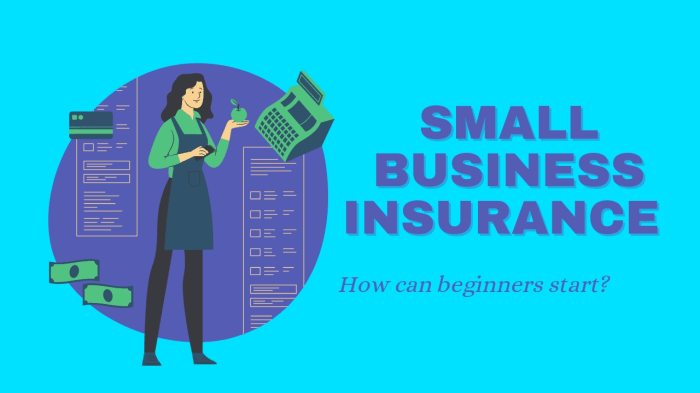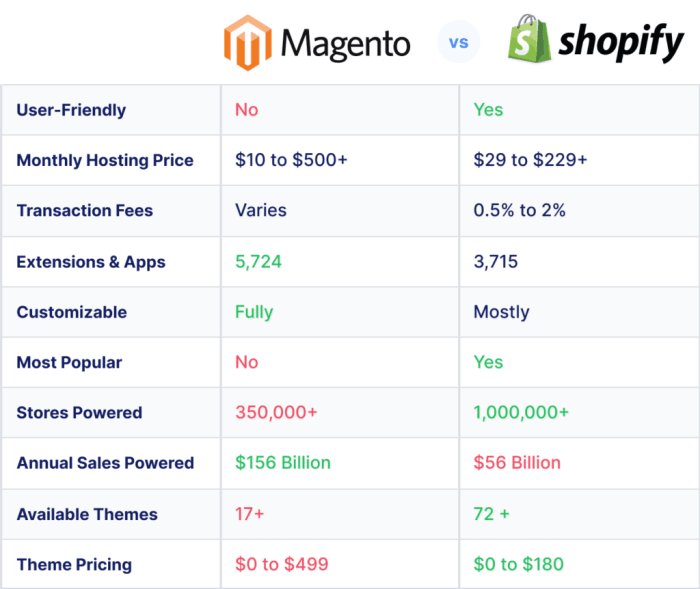Best Low-Cost Insurance Options for Small Businesses Worldwide: A Comprehensive Guide
Exploring the realm of Best Low-Cost Insurance Options for Small Businesses Worldwide, this initial passage invites readers into a world of expertise, guaranteeing an informative journey that is both engaging and uniquely informative.
The following paragraph will delve into the specifics of the topic, offering detailed insights and analysis.
Researching Low-Cost Insurance Options

Researching low-cost insurance options for small businesses is crucial to ensure adequate coverage while keeping costs manageable. Here are some key factors to consider when exploring insurance providers for your small business:
List of Popular Insurance Providers
- State Farm
- Progressive
- Allstate
- Geico
- Hiscox
Key Factors to Consider
When choosing insurance for your small business, it's essential to consider the following factors:
- The type of coverage needed based on the nature of your business
- The financial stability and reputation of the insurance provider
- The level of customer service and support offered
- The deductible amount and premium costs
- The ease of filing claims and the claims process
Comparison of Coverage and Premiums
It's important to compare the coverage and premiums offered by different insurance providers to ensure you are getting the best value for your money. Consider requesting quotes from multiple providers and carefully review the coverage limits, exclusions, and any additional benefits offered.
By comparing these factors, you can make an informed decision that meets your small business's insurance needs while staying within your budget.
Types of Insurance Coverage Available
When it comes to protecting your small business, there are several types of insurance coverage available to help mitigate risks and ensure financial stability. Each type of insurance serves a specific purpose and can provide valuable protection in different scenarios.
Liability Insurance
- General liability insurance: Covers legal costs and damages if your business is sued for property damage, bodily injury, or advertising injury.
- Professional liability insurance: Also known as errors and omissions insurance, protects against claims of professional negligence or failure to perform services.
Property Insurance
- Commercial property insurance: Covers damage to your business property, such as buildings, equipment, inventory, and furniture, due to fire, theft, or vandalism.
- Business interruption insurance: Helps cover lost income and operating expenses if your business is unable to operate due to a covered peril.
Health Insurance
- Group health insurance: Provides medical coverage for employees and their families, helping attract and retain top talent.
- Health savings account (HSA): Offers a tax-advantaged way for employees to save for medical expenses.
Essential Insurance for All Small Businesses
- General liability insurance: Protects against common risks faced by all businesses, such as customer injuries and property damage.
- Workers' compensation insurance: Covers medical expenses and lost wages for employees injured on the job, required in most states.
Cost-Saving Strategies for Small Business Insurance

When it comes to managing expenses for a small business, insurance costs can be a significant burden
Customizing Insurance Policies
One important cost-saving strategy for small businesses is to customize their insurance policies to fit their specific needs. By tailoring the coverage to the unique risks and requirements of the business, companies can avoid paying for unnecessary or irrelevant coverage.
This ensures that the insurance policy provides the right protection without overspending.
Discounts and Incentives
Insurance providers often offer discounts or incentives for small businesses to help them save on insurance costs. These discounts can range from bundling multiple policies together to implementing risk management practices that reduce the likelihood of claims. By taking advantage of these discounts, small businesses can lower their insurance premiums without sacrificing coverage quality.
International Considerations for Small Business Insurance
When it comes to expanding a small business globally, navigating the world of insurance can be a daunting task. Each country has its own set of regulations and requirements for small business insurance, which can vary significantly from one place to another.
Understanding these differences and challenges is crucial for small businesses looking to expand internationally.
Differences in Insurance Regulations
In different countries, small businesses may be required to have specific types of insurance coverage, such as liability insurance, workers' compensation, or property insurance. The regulations governing these requirements can vary based on the country's legal system, economic conditions, and industry-specific laws.
It is essential for small businesses to research and comply with these regulations to avoid any legal issues.
Challenges in Seeking International Coverage
One of the main challenges small businesses face when seeking insurance coverage internationally is the lack of familiarity with local insurance providers and policies. Language barriers, cultural differences, and varying levels of transparency in the insurance industry can make it difficult for small businesses to find suitable coverage at an affordable price.
Additionally, the cost of insurance coverage may vary significantly between countries, making it challenging to budget for this expense.
Recommendations for Small Businesses Expanding Globally
To overcome the challenges of expanding globally in terms of insurance coverage, small businesses should consider working with an insurance broker or agent who has experience in the international market. These professionals can help navigate the complexities of different insurance regulations and find the best coverage options for the business.
It is also essential for small businesses to conduct thorough research on insurance providers in the target country, compare quotes, and negotiate terms to ensure they are getting the best deal possible.
Closing Notes

Concluding our discussion on Best Low-Cost Insurance Options for Small Businesses Worldwide, we summarize the key points and leave readers with a lasting impression of the importance of securing affordable and effective insurance coverage for businesses of all sizes.
Questions Often Asked
What are the key factors to consider when choosing insurance for a small business?
Key factors to consider include coverage options, premiums, deductible amounts, and the reputation of the insurance provider. It's essential to tailor the insurance policy to the specific needs of the business.
Which types of insurance are essential for all small businesses?
Essential types of insurance for small businesses typically include general liability insurance, property insurance, and workers' compensation insurance. These policies help protect businesses from various risks and liabilities.
What cost-saving strategies can small businesses implement for insurance?
Small businesses can save on insurance costs by bundling policies, maintaining a good safety record, increasing deductibles, and comparing quotes from multiple insurance providers. Customizing policies to fit specific needs can also help reduce costs.




